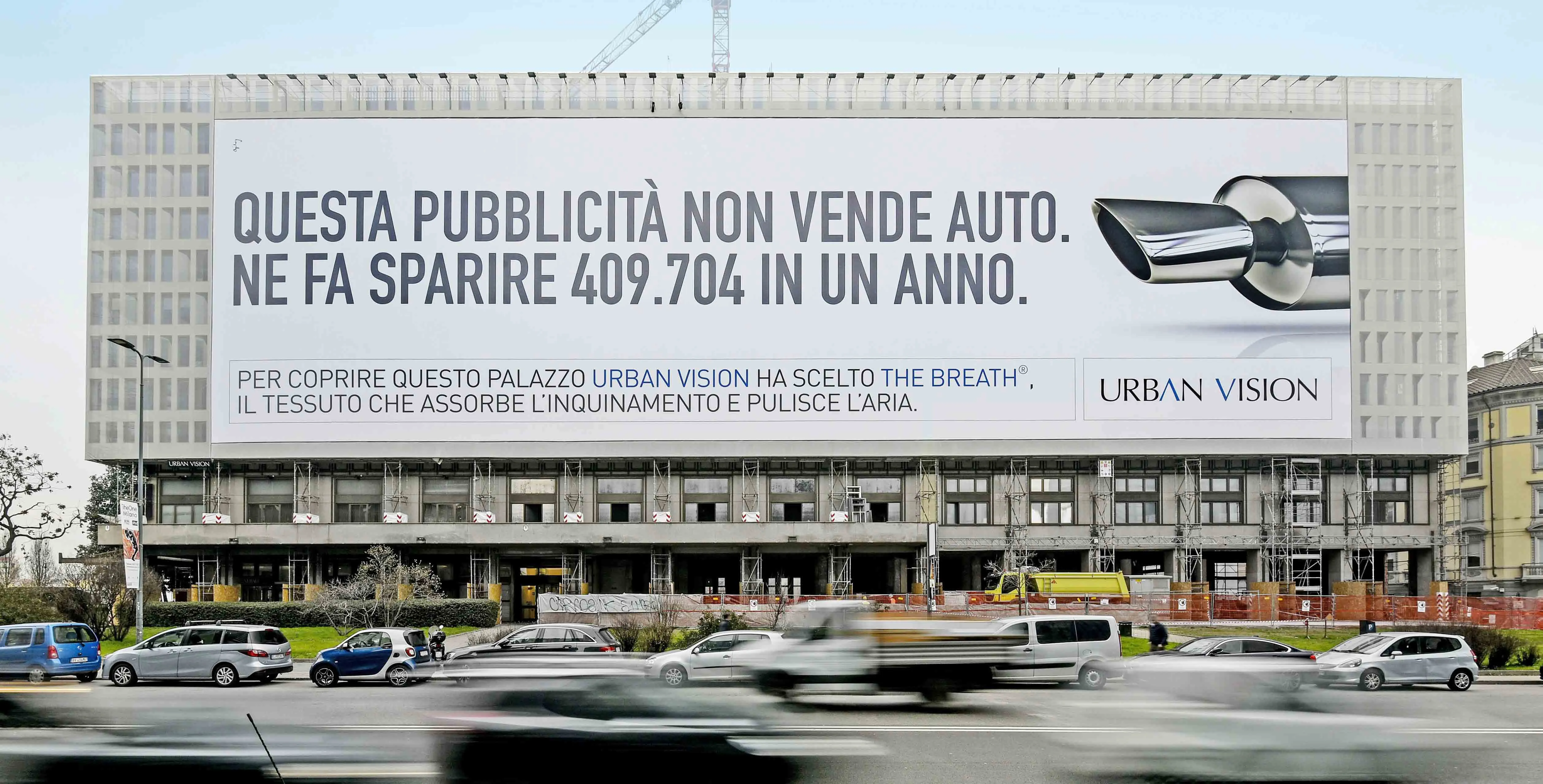A study carried out by research company Transport and Mobility in Belgian capital Brussels shows that if more drivers switch from cars to motorcycles, congestion will be reduced significantly. The study investigated the effects of increasing the percentage of motorcycles to traffic flow using a stretch of road used by commuters driving into Brussels, which is one of Europe’s most congested cities. The research team evaluated traffic flow as well as air quality. Using sensors placed along the route, and meas
June 20, 2014
Read time: 2 mins
A study carried out by research company Transport and Mobility in Belgian capital Brussels shows that if more drivers switch from cars to motorcycles, congestion will be reduced significantly. The study investigated the effects of increasing the percentage of motorcycles to traffic flow using a stretch of road used by commuters driving into Brussels, which is one of Europe’s most congested cities. The research team evaluated traffic flow as well as air quality. Using sensors placed along the route, and measuring traffic flow every 5 minutes, the team mapped out a typical peak period pattern for vehicle movements. This was then used as the benchmark for the study. Using software and data from the Federal Planning Bureau the research team analysed the recovered information, which was then used to simulate traffic flow. The simulation was also compared to measured flow data to evaluate its accuracy. The results were close and proved that the computer model was accurate.
The team then began to adjust the percentages of different types of vehicle during rush hour. A shift from car to motorcycle of just 10% resulted in a dramatic reduction of traffic queues and a quicker return to normal driving conditions. In terms of actual figures what this means is that if just 10% of drivers switched to two wheels, an overall reduction in travel time of 63% would be achieved. Moreover, the team found that if 25% of commuters switched to two wheels then congestion would be eliminated altogether.
The team also looked at emissions and found that as well as the fact that total external emission costs of motorcycles (all pollutants combined) is 21% lower than that of an average car, when 10% of the traffic is made up of bikes a 6% reduction of emissions overall is achieved, with 5% of this due simply to smoother traffic flow and higher average speeds.
The team then began to adjust the percentages of different types of vehicle during rush hour. A shift from car to motorcycle of just 10% resulted in a dramatic reduction of traffic queues and a quicker return to normal driving conditions. In terms of actual figures what this means is that if just 10% of drivers switched to two wheels, an overall reduction in travel time of 63% would be achieved. Moreover, the team found that if 25% of commuters switched to two wheels then congestion would be eliminated altogether.
The team also looked at emissions and found that as well as the fact that total external emission costs of motorcycles (all pollutants combined) is 21% lower than that of an average car, when 10% of the traffic is made up of bikes a 6% reduction of emissions overall is achieved, with 5% of this due simply to smoother traffic flow and higher average speeds.







